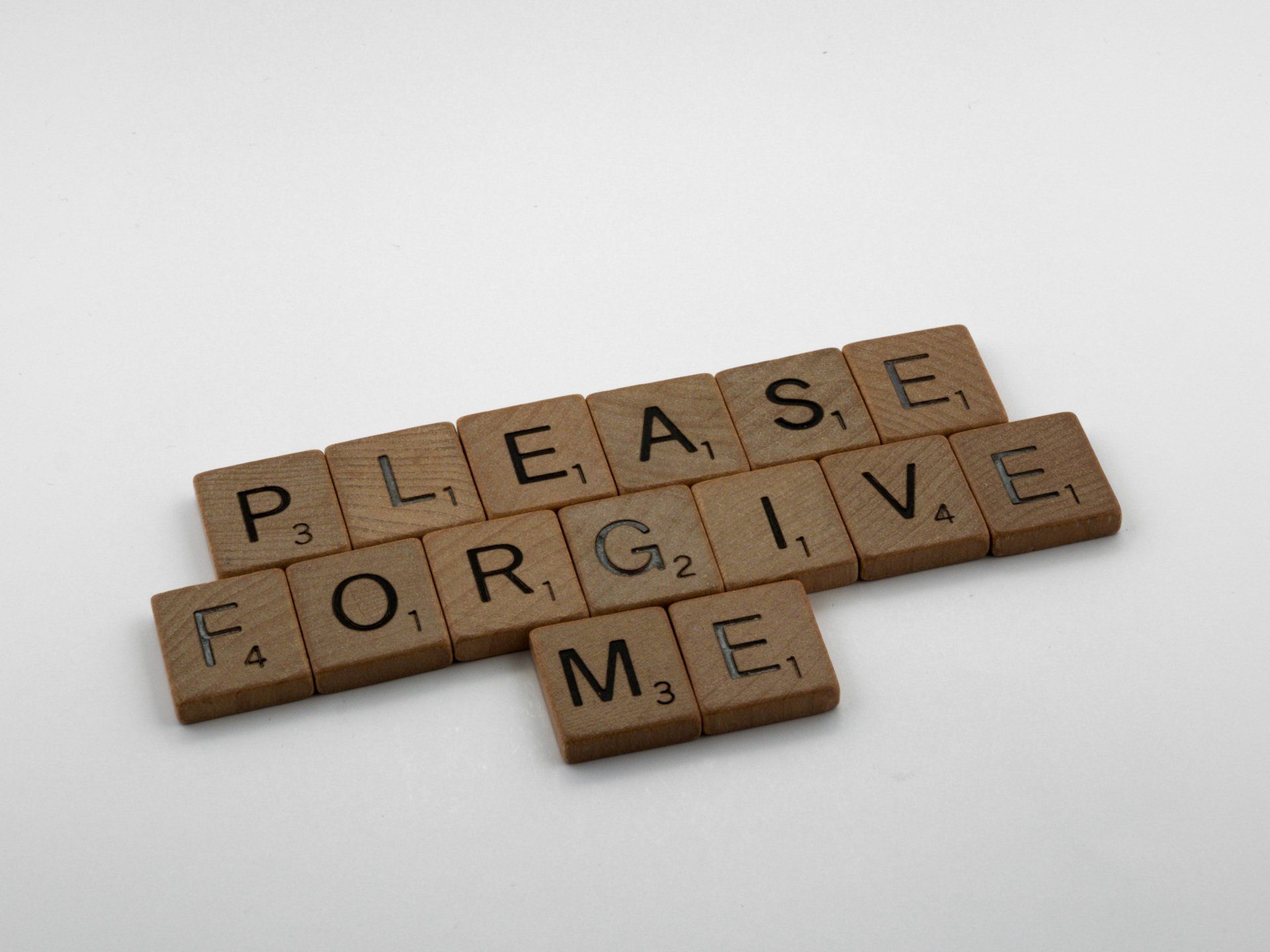Is Baptism Still Necessary Today?
I read about one such minister who was preaching that the word “in” (“i,” n”) did not necessarily
mean “inside”; it means, “close to, round about, or nearby”. He went on to say that the Bible said
Jonah was “in” the stomach of the great fish, and “in” simply meant, “close to, roundabout, or
nearby”. After the service, a man came up to him and said that his sermon was the most
comforting message he had ever heard. It had cleared up so many difficult things to believe in
the Bible; like when the three Hebrew young men were thrown “in” the fiery furnace and were
not burned – well, that was because they were really never in there, but close to or nearby. And
Daniel was not really “in” the lion’s den, he was just nearby. “But,” the man went on to say, “the
most encouraging thing about your explanation of “in” is that even though I don’t believe the
gospel, if I’m wrong, I won’t actually be ‘in’ hell, I’ll just be close to or nearby.” (Davey, 2008)
What is baptism? Ancient societies practiced baptism as a ritual of purification and cleansing.
Likewise, the Jews practiced baptism for cleansing.
To us today, baptism represents:
- Cleansing - Past
- A Change - Present
- A Commitment – Future
Acts 2:38, 8:12-17 (Only reference), 10:47-48 (Tongues), 16:27-34 , 19:1-5 (Tongues), 22:14-
17.
Is the order significant? Consider Acts 2:38.
1. Yes, because God does not change his word.
2. Yes, because God is a great demonstrator like in a marriage vow and in the Lord’s
Supper.
3. Because baptism identifies us with Christ’s death, burial, and resurrection (Romans 6).
Baptism also identifies us with our death of the old man and the rebirth of our new life in
Christ.
4. Yes, because we receive the blessings from the Lord when we are totally submitted to
him.
Our Sermons


